Strict Standards: Only variables should be assigned by reference in /home/noahjames7/public_html/modules/mod_flexi_customcode/tmpl/default.php on line 24
Strict Standards: Non-static method modFlexiCustomCode::parsePHPviaFile() should not be called statically in /home/noahjames7/public_html/modules/mod_flexi_customcode/tmpl/default.php on line 54
Strict Standards: Only variables should be assigned by reference in /home/noahjames7/public_html/components/com_grid/GridBuilder.php on line 29
Some stuffed $100 bills in his shirt pockets without taking a lime. Others waved Cuban flags and honked their horns as they drove by. Bosch had been linked to at least 50 attacks targeting Fidel Castro's communist regime in Cuba. He once fired a bazooka at a freighter he thought was headed to Cuba. His unyielding hatred of Castro made him a hero to many in Miami's Cuban-exile community.
Bosch's veneration served as a warning to any politician or public figure who ever thought of crossing the "Cuba lobby" -- a group of anti-Castro zealots -- by hinting at normalizing relations with Cuba, says Benjamin Bishin, a political science professor at University of California, Riverside. He recounts Bosch's story in his book, "Tyranny of the Minority."
"Julio Iglesias once said at a Miami night club that he wouldn't mind visiting Cuba, and people booed him off the stage and rioted," Bishin says. "A woman called Castro a great educator, and her office was bombed."
Then, last December, the Cuba lobby faced an unexpected turn of events: President Barack Obama announced that, after 50 years of hostility, the United States would normalize relations with Cuba. It was a stunning defeat for a group that once seemed invincible.
"You couldn't forecast it because you didn't know it was going to happen, but it happens much more than people think," Bishin says of powerful political groups that suffer sudden downfalls.
Could the National Rifle Association ever face a similar fate? Most Americans probably don't think so. When a gunman murdered nine people at a community college in Oregon earlier this month, the President seemed to express what many Americans were thinking when he said, "Somehow this has become routine. ... We have become numb to this."
There's a pervasive belief that any attempt to tighten gun laws would be futile because too many politicians are afraid to defy the NRA. But there are at least four examples from American history -- including two snatched from recent headlines -- where ordinary people and unforeseen events defeated a seemingly invincible lobbying group, and hardly anyone saw it coming.
READ MORE: The other gun lobby
The Cuba lobby's defeat was one such example, Bishin says. After Castro took power in 1959, Cubans who fled to Miami were so passionate about his overthrow that no public figure could propose reconciliation for half a century. This small group of Cuban Americans dictated U.S. foreign policy toward Cuba. But demographics eventually trumped passion. Older Cubans like Bosch were replaced by a younger generation of Cubans who wanted closer economic and travel ties to their ancestral home, Bishin says.
Such a stunning reversal of fortune doomed another organization that was even more powerful than the NRA is today -- a group that one commentator said perfected the art of "political retribution."
It was called the Anti-Saloon League.
The first political 'pressure group'
Cheers erupted across America. People staged rallies and praised God during church services. The Rev. Billy Sunday, a popular evangelist, told a crowd of 10,000 people gathered at a church in Norfolk, Virginia:
"Men will walk upright now, women will smile and the children will laugh. Hell will be forever for rent."
Americans were celebrating congressional approval in 1919 of the Volstead Act, which enforced Prohibition. The temperance movement helped make Prohibition possible. But the group that pushed through passage of the 18th Amendment was the Anti-Saloon League, or the ASL.
The ASL was led by Wayne Wheeler, who coined the term "pressure group." Under Wheeler, the ASL pioneered lobbying tactics now routinely used by groups like the NRA, says Daniel Okrent, author of "The Last Call: The Rise and Fall of Prohibition."
"I'm convinced that they were the most powerful pressure group in American history," Okrent says. "They brought about a constitutional amendment."
Part of its power came from its singular focus. The ASL was interested in only one issue: making America dry. Wheeler forged alliances across party lines, as well as with clergy, populists and the Ku Klux Klan. The group even supported politicians who drank -- so long as they voted for dry laws.
"They didn't care if you murdered every third child or started a war with Cuba," Okrent says, "if you're on their side against alcohol, they're with you."
The ASL used money to control politicians. It raised funds through a network of churches and distributed the cash to any politician who supported anti-alcohol legislation.
At its peak, the ASL had an annual budget that topped $50 million in today's dollars, wrote Bryan Alexander in a 2010 article for Mutineer, a magazine for the fine beverage industry.
"Wheeler donated so much to campaigns that for decades he was the largest single campaign supporter in the United States," Alexander wrote. "He could make or break presidents and hand-pick senators. In any given campaign season, the Anti-Saloon League would contribute as much money to Senate and presidential races as any 12 donors combined."
The ASL was formed for one purpose, according to its founder, the Rev. Howard Hyde Russell -- "administering political retribution."
The ASL was able to say to any politician: "Are you with us or are you against us? And if you are against us we will defeat you. And if you are with us we will elect you," said Okrent, whose book formed the basis for Ken Burns' PBS documentary, "Prohibition."
In 1903, Wheeler gave a ruthless display of public retribution. The ASL targeted 70 Ohio lawmakers who defied the group -- and swept them all out of office in elections. It then successfully mobilized voters to boot Ohio's popular but anti-Prohibition governor, Myron T. Herrick, from power. It was said that, whenever politicians across the country contemplated crossing the ASL, they would warn one another with, "Remember what happened to Herrick."
Even the powerful liquor industry couldn't stop the ASL. Brewers and distillers fought back by bribing politicians, creating lobbying groups that called the temperance movement "fanatical," and surreptitiously paying newspaper editors to run anti-Prohibition articles. But Okrent said they couldn't beat the ASL's singular focus, its coalition-building ability and the religious fervor of its base: churchgoers scattered across America who saw their crusade against alcohol as an "apocalyptic battle."
The ASL could control politicians, but not the unintended consequences of Prohibition, which spawned organized crime and the rise of gangsters such as Al Capone. Fed-up Americans opened up "speakeasies" across the country. Pharmacists stocked "medicinal liquor" and sold Old Grand-Dad and Johnnie Walker by prescription, while many Americans brewed alcohol in their homes. Even President Warren G. Harding was rumored to keep bootleg liquor in the White House.
What really hurt the ASL, though, was the onset of the Great Depression.
"The Depression came on and there was no more tax revenue for the federal government," Okrent says. "People were saying, 'Where are we going to get the money to keep the lights on?' The primary tax revenue before Prohibition was alcohol."
Prohibition ended in 1933 with the ratification of the 21st Amendment. And so did the ASL.
"By the middle 1930s, it was a toothless organization," Okrent says.
Wheeler died of exhaustion at age 58 in 1927. When Prohibition was passed, people predicted he would be remembered as one of the most important people in America's history. Yet who remembers Wheeler or the ASL today?
Big Tobacco gets smoked
If the rise and fall of the ASL seems so long ago, there's another example from recent history where a lobbying colossus took a sudden fall.
Remember Big Tobacco?
If you think the United States is filled with guns, it was also once filled with smokers. Check out old Hollywood movies -- the country was once enveloped in a cloud of cigarette smoke. The U.S. was a nation of people happily puffing away, and much of that was due to the power of the biggest cigarette makers, known collectively as "Big Tobacco."
Scientific evidence that smoking harmed people's health started to surface as early as the 1950s; some even trace the first hint of trouble back to a German medical student's theory in the late 19th century. But Big Tobacco launched a lobbying campaign that encouraged cigarette consumption through product placement in movies, clever advertising, even marketing cigarettes to children through the infamous "Joe Camel" ads.
Big Tobacco insulated itself from science for as long as 50 years. It funded massive advertising campaigns that denied that nicotine was addictive and created "filtered" or "low-tar" cigarettes that purported to be healthier. The industry even formed a tobacco research council that cast doubt on scientific studies that concluded cigarettes were harmful.
Their advertising tactics may have changed over the years, but one constant remained: Big Tobacco executives consistently refused to admit that cigarettes were a health hazard.
Money and deceit, though, can only bend reality for so long.
In 1964, the Surgeon General's Advisory Committee on Smoking and Health released a report that concluded cigarette smoking was a cause of lung cancer in men. Congress subsequently required a health warning on cigarette packages. The Centers for Disease Control and Prevention later issued numerous reports documenting the harmful effects of smoking, and the CDC sponsored gruesome television commercials featuring emaciated smokers warning others not to take up cigarettes.
"Eventually medical knowledge and proof became so overwhelming that no narrative Big Tobacco could come up with could counteract that new narrative," says Kathleen Marchetti, a political science professor at Dickinson College in Pennsylvania.
Big Tobacco lost because opponents were able to "reframe" the meaning of smoking, Marchetti says. It was no longer a cool, lifestyle choice; it became a deadly habit.
States and cities instituted smoking bans for offices, bars and restaurants. Federal officials started raising taxes on cigarettes. Some say that stigmatizing smokers is one of the few socially acceptable prejudices left in America.
"People began to realize that by smoking, they weren't just affecting their own health, but people around them that they cared about," Marchetti says.
Another tipping point came in 1994.
It was a riveting scene carried live on cable television. The top executives of the seven largest tobacco companies stood before Congress, raised their right hands as the cameras clicked, and testified they did not believe cigarettes were addictive.
And, asked if smoking caused cancer or emphysema, R.J. Reynolds CEO James W. Johnston said, "It may." Asked if he knew that cigarettes caused cancer, Lorillard CEO Andrew H. Tisch said, "I do not believe that."
For some observers, that was the moment Big Tobacco's deceitfulness became evident to millions of Americans.
"They were sitting in front of Congress looking them straight in the eye and saying tobacco doesn't cause cancer," says Matthew Hale, a political scientist at Seton Hall University in New Jersey.
"And Americans said, 'You're crazy.'"
Some even predict smoking will eventually vanish in America. In 1964, about 42% of adults in the United States smoked. Today that number is under 18%, according to the CDC.
Big Tobacco has adjusted, though. It's taken its techniques overseas, and sales are growing in Africa, Asia and Latin America.
"They're selling cigarettes in Thailand instead of Tennessee now," Hale says.
Lessons for today
Some may argue that lessons from Big Tobacco and the ASL don't apply in a post-Citizens United landscape where money rules in politics. But some observers cite current events as well. After Cuba, Obama scored another huge foreign policy victory by taking on another political lobbying group that seemed unbeatable.
AIPAC, the pro-Israel lobby that has been compared to the NRA for its effectiveness, mobilized to scuttle Obama's recent nuclear deal with Iran. Pundits confidently predicted that it had no chance of surviving a congressional vote.
Yet Obama prevailed in what may be his crowning foreign policy achievement. Commentators say AIPAC was defeated as much by its own hubris as by Obama's tactics. The administration outmaneuvered the deal's opponents by getting Congress to agree it could only pass a resolution of disapproval subject to the president's veto -- leaving supporters with the much easier task of needing only 34 Senate votes.
But AIPAC also misjudged public opinion on the deal, not realizing that most American Jews did not see it as an existential threat to Israel. And AIPAC overreached when it tied itself to the Republican Party, observers say. Israeli Prime Minister Benjamin Netanyahu's decision to accept House Speaker John Boehner's invitation and denounce the deal before a joint meeting of Congress backfired. It transformed the deal into a partisan issue, giving Democrats more cover to support it, some commentators said.
No one, though, is predicting Obama can outflank the NRA. Its leadership has repeatedly beaten back politicians and public opinion.
Americans appear to want at least some changes to gun laws.
A poll conducted in July by the Pew Research Center showed that a large majority of Americans -- 79% of Republicans and 88% of Democrats -- favor background checks for gun shows and private sales.
But when asked which is more important -- controlling gun ownership or protecting gun rights -- Americans are more evenly divided. According to the Pew survey, 50% favored control vs. 47% for rights.
Meanwhile, a CNN/ORC poll in September showed that most Americans think current gun laws are about right or too harsh and doubt that expanded background checks would keep guns out of the hands of the mentally ill or convicted criminals.
Overall, 41% say existing laws make it too easy for people to buy guns, down from 56% about a month after the 2012 massacre at Sandy Hook Elementary. About half, 49%, say current laws are about right, and 10% say they make it too difficult to buy a gun.
The NRA has successfully opposed calls for changing gun laws. Pessimism about any hope for change seems pervasive. One British commentator, referring to the 20 children and six adults killed at Sandy Hook, tweeted:
"Sandy Hook marked the end of the U.S. gun control debate. Once America decided killing children was bearable, it was over."
Maybe. Yet history and even current events suggest that change often comes in unexpected ways.
The ASL couldn't anticipate the Great Depression, or that Prohibition would spawn the rise of organized crime. Big Tobacco and the Marlboro Man couldn't stare down critics once smoking became reframed as a public health hazard. People like Orlando Bosch slid into irrelevance in Miami's Cuban community as a new generation arose.
Perhaps some of the same forces that brought down Big Tobacco and the Cuba lobby will one day check the power of the NRA.
"American politics is constantly changing," says Hale, the Seton Hall political scientist. "Things are always moving; it's never static."
Some have suggested that the NRA will lose power if guns are reframed as something uncool, like cigarettes. Others say driving a wedge between the NRA's leaders and members may work. Meanwhile, some gun rights supporters say no change in laws will ever stop a mass shooting -- that only a good guy with a gun beats a bad guy with one.
The prospect of any check on the NRA's power may seem unrealistic when mass shootings take place with numbing regularity and big money rules politics.
But then again, the notion that Wayne Wheeler and the Anti-Saloon League would be reduced to anonymity a dozen years after the passage of Prohibition seemed far-fetched to Americans of another era.
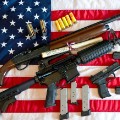
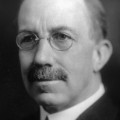
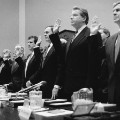
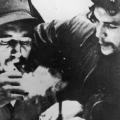
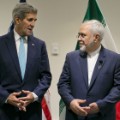
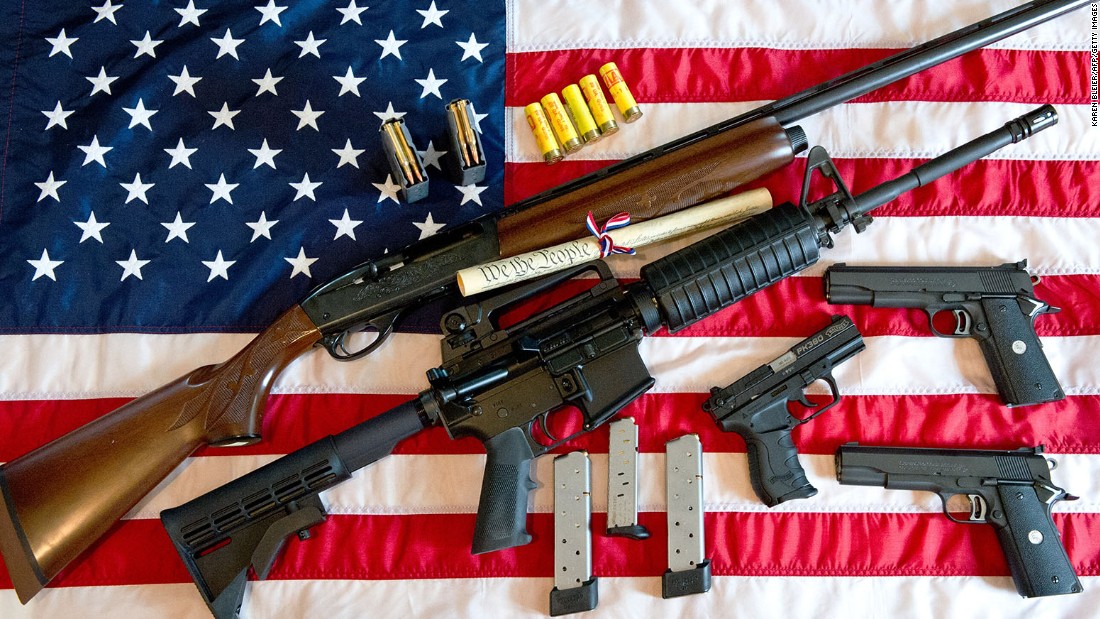
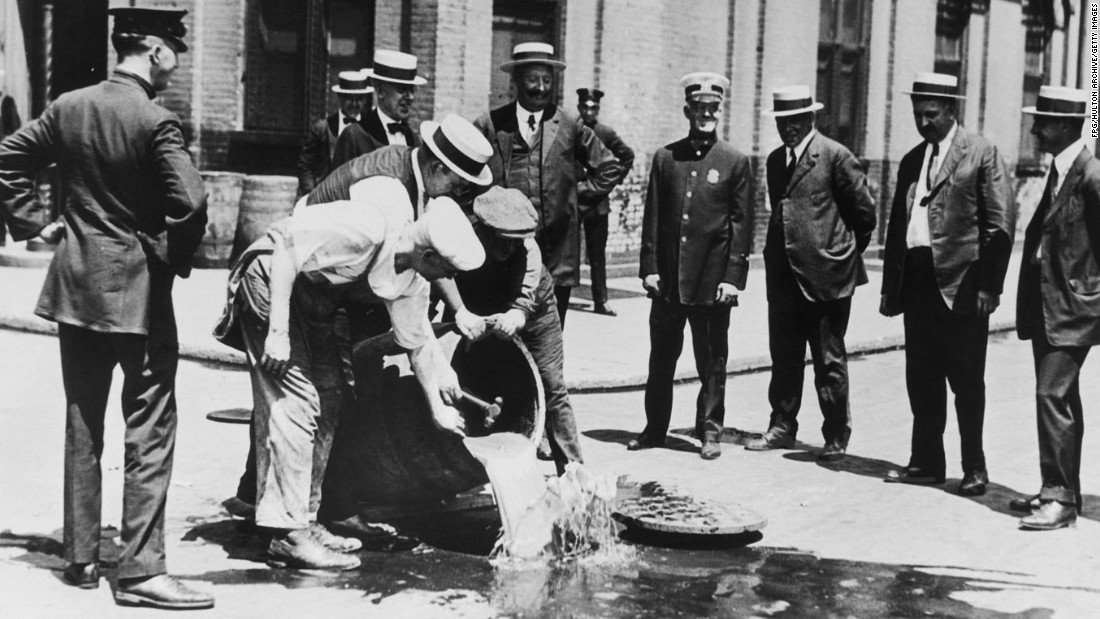
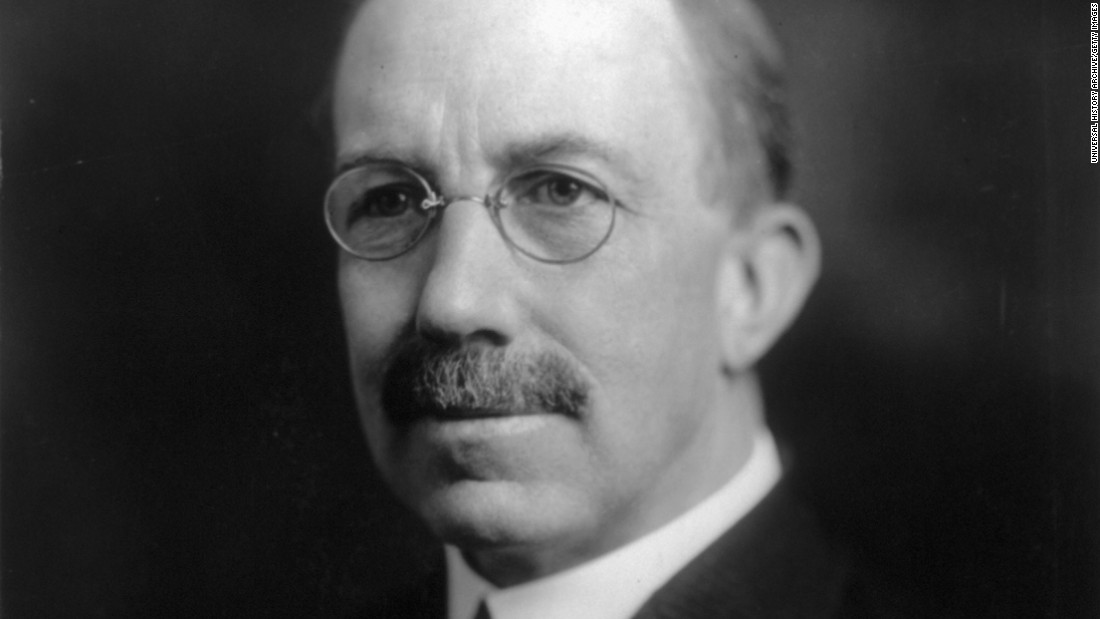
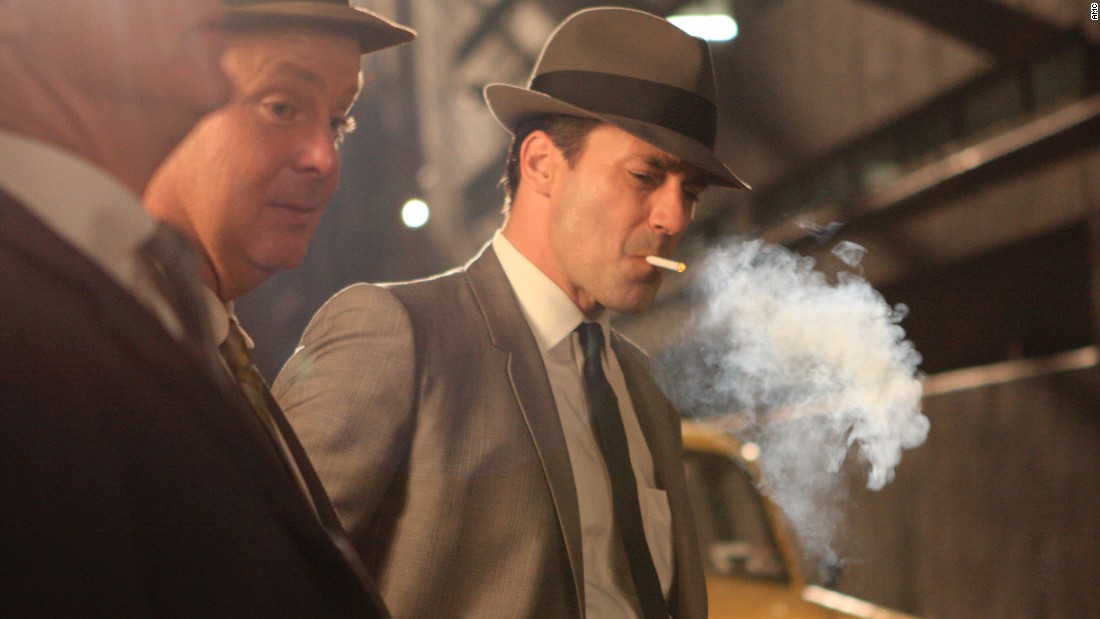
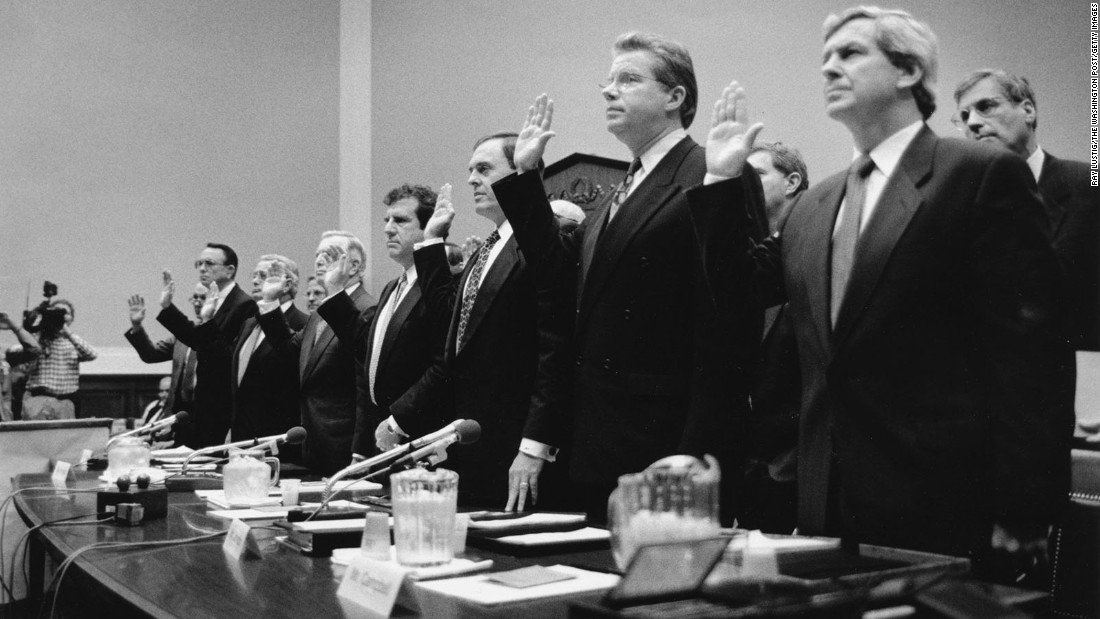
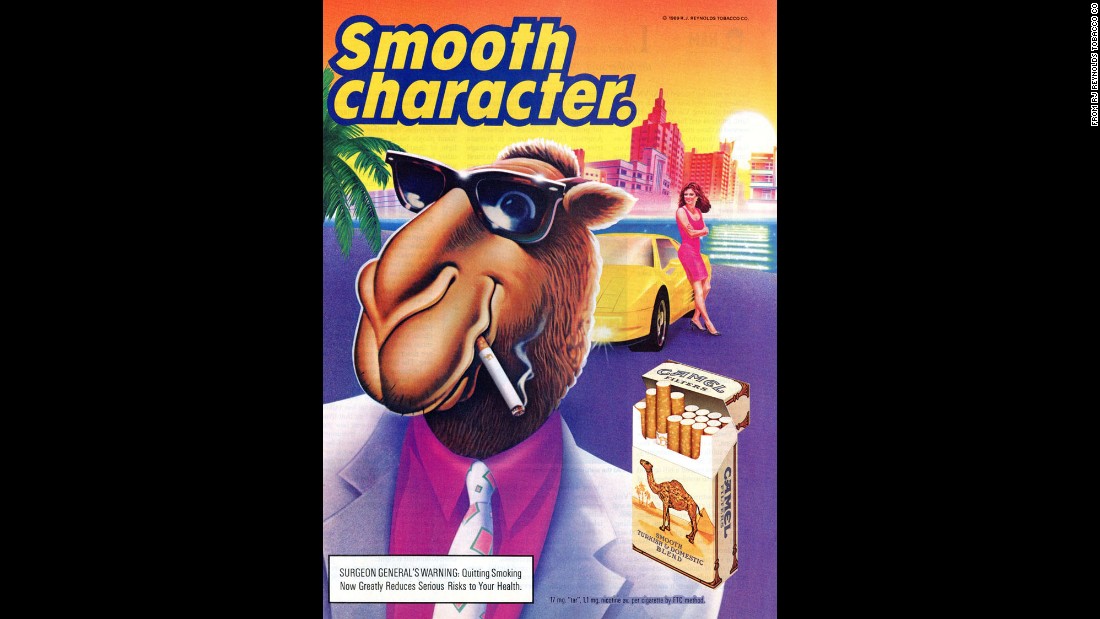
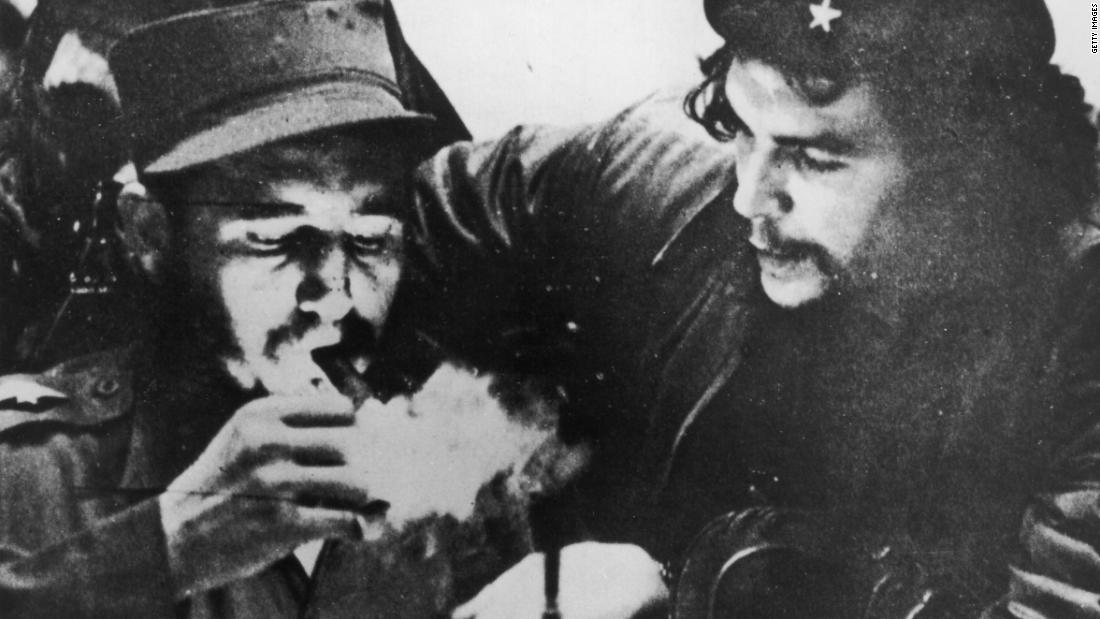
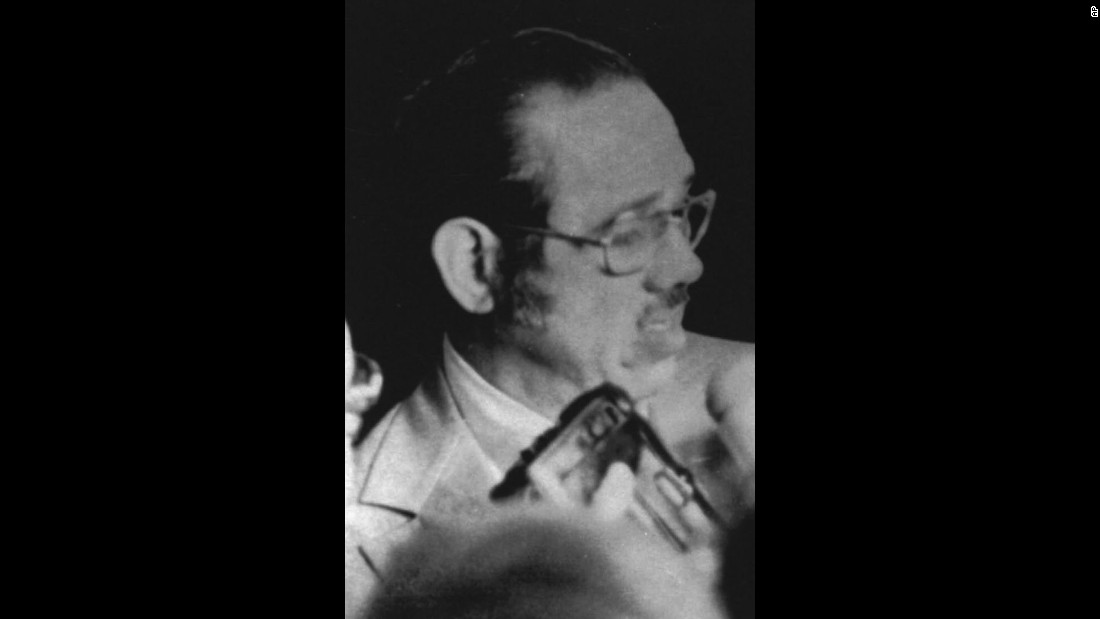
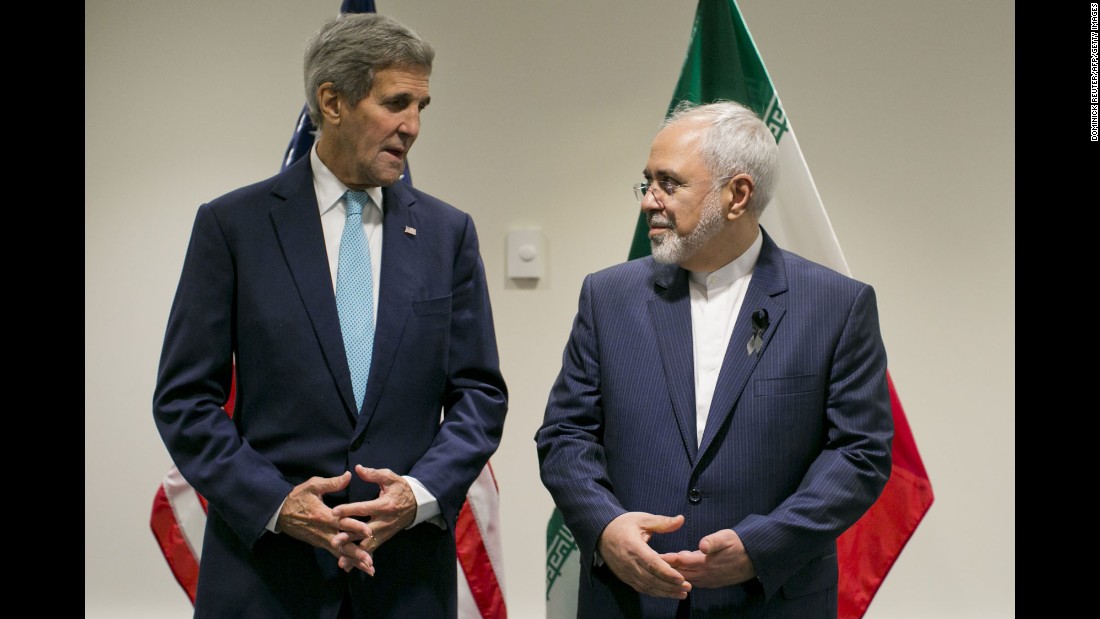
Strict Standards: Only variables should be assigned by reference in /home/noahjames7/public_html/modules/mod_flexi_customcode/tmpl/default.php on line 24
Strict Standards: Non-static method modFlexiCustomCode::parsePHPviaFile() should not be called statically in /home/noahjames7/public_html/modules/mod_flexi_customcode/tmpl/default.php on line 54
Find out more by searching for it!
